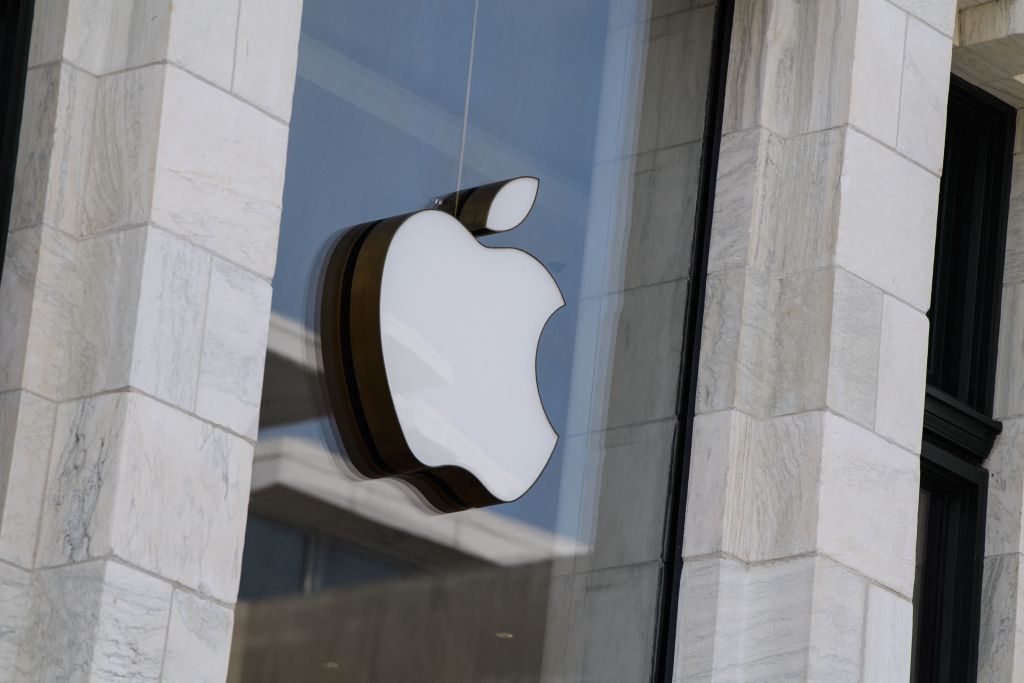Google bans ‘stalkerware’ from Play store
The ban excludes enterprise management tools and those used by parents to track the whereabouts of their children


Google has issued a ban on any software that allows an individual to track the whereabouts of other users without their consent, apps often referred to as 'stalkerware'.
As a part of new changes to its Developer Program Policy, Google said that Android apps intending to monitor other users’ behaviour will be obliged to present the tracked user with a persistent notification and unique icon that clearly identifies the app.
They will also be banned from advertising themselves as a "spying or secret surveillance solution” and will be unable to “hide or cloak tracking behavior or attempt to mislead users about such functionality”.
However, the ban, which comes into effect on 1 October, does not apply to apps used by parents to track the whereabouts of their children. Any software that allows companies to track employee devices, such as enterprise management apps, will also be excluded from the ban.
According to David Emms, principal security researcher at Kaspersky, apps which help monitor adults without their permission or knowledge “masquerade as parental control software and call themselves legal that way”.
“The whole category is tricky because we can’t label it as malware and report it as we would a backdoor trojan or similar, because in some jurisdictions it’s legal so it straddles a grey area,” Emms told IT Pro last month.
According to Kaspersky research, the period between January and August 2019 saw over 518,223 cases globally where the company’s protection technologies either registered presence of stalkerware on user devices or detected an attempt to install it – a 373% increase in the same period in 2018.
Get the ITPro daily newsletter
Sign up today and you will receive a free copy of our Future Focus 2025 report - the leading guidance on AI, cybersecurity and other IT challenges as per 700+ senior executives
Apart from the formal ban of stalkerware apps, Google also announced that it would be making changes to its policy in order to tackle the issues of misrepresentation and gambling.
Effective from 21 October, developer accounts will not be allowed to mislead users by impersonating any person or organisation, as well as misrepresenting or concealing their ownership or primary purpose of the app.
Google will also restrict online gambling to the UK, Ireland, France, and Brazil.
For confidential advice, call the National Abuse Helpline on 0808 200 0247 or visit nationaldahelpline.org.uk
Having only graduated from City University in 2019, Sabina has already demonstrated her abilities as a keen writer and effective journalist. Currently a content writer for Drapers, Sabina spent a number of years writing for ITPro, specialising in networking and telecommunications, as well as charting the efforts of technology companies to improve their inclusion and diversity strategies, a topic close to her heart.
Sabina has also held a number of editorial roles at Harper's Bazaar, Cube Collective, and HighClouds.
-
 Bigger salaries, more burnout: Is the CISO role in crisis?
Bigger salaries, more burnout: Is the CISO role in crisis?In-depth CISOs are more stressed than ever before – but why is this and what can be done?
By Kate O'Flaherty Published
-
 Cheap cyber crime kits can be bought on the dark web for less than $25
Cheap cyber crime kits can be bought on the dark web for less than $25News Research from NordVPN shows phishing kits are now widely available on the dark web and via messaging apps like Telegram, and are often selling for less than $25.
By Emma Woollacott Published
-
 Greek intelligence allegedly uses Predator spyware to wiretap Facebook security staffer
Greek intelligence allegedly uses Predator spyware to wiretap Facebook security stafferNews The employee’s device was infected through a link pretending to confirm a vaccination appointment
By Zach Marzouk Published
-
 North Korean-linked Gmail spyware 'SHARPEXT' harvesting sensitive email content
North Korean-linked Gmail spyware 'SHARPEXT' harvesting sensitive email contentNews The insidious software exfiltrates all mail and attachments, researchers warn, putting sensitive documents at risk
By Rory Bathgate Published
-
 Young hacker faces 20-year prison sentence for creating prolific Imminent Monitor RAT
Young hacker faces 20-year prison sentence for creating prolific Imminent Monitor RATNews He created the RAT when he was aged just 15 and is estimated to have netted around $400,000 from the sale of it over six years
By Connor Jones Published
-
 European company unmasked as cyber mercenary group with ties to Russia
European company unmasked as cyber mercenary group with ties to RussiaNews The company that's similar to NSO Group has been active since 2016 and has used different zero-days in Windows and Adobe products to infect victims with powerful, evasive spyware
By Connor Jones Published
-
 Mysterious MacOS spyware discovered using public cloud storage as its control server
Mysterious MacOS spyware discovered using public cloud storage as its control serverNews Researchers have warned that little is known about the 'CloudMensis' malware, including how it is distributed and who is behind it
By Rory Bathgate Published
-
 Apple launching Lockdown Mode with iOS 16 to guard against Pegasus-style spyware
Apple launching Lockdown Mode with iOS 16 to guard against Pegasus-style spywareNews Apple breaks its bug bounty record with $2 million top prize, alongside $10 million grant funding, as it launches industry-first protections for highly targeted individuals
By Connor Jones Published
-
 El Salvador becomes latest target of Pegasus spyware
El Salvador becomes latest target of Pegasus spywareNews The list of nations with access to Pegasus is growing, with evidence pointing to potential links between 35 confirmed Pegasus cases and the Salvadoran government
By Connor Jones Published
-
 Egyptian exiles targeted with Predator spyware resembling NSO Group's Pegasus
Egyptian exiles targeted with Predator spyware resembling NSO Group's PegasusNews A high-profile politician and journalist have been targeted with spyware likely spread using WhatsApp messages
By Connor Jones Published